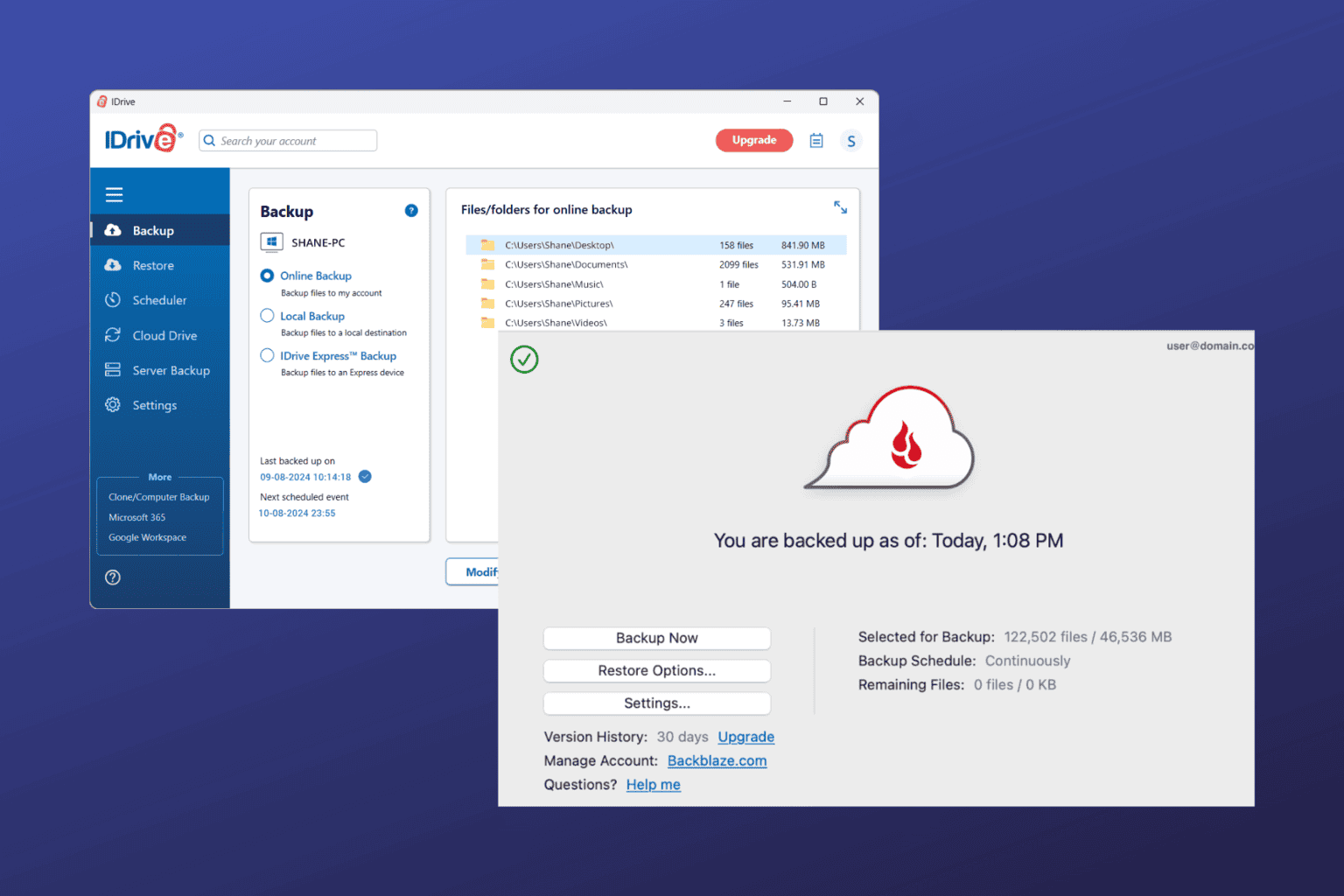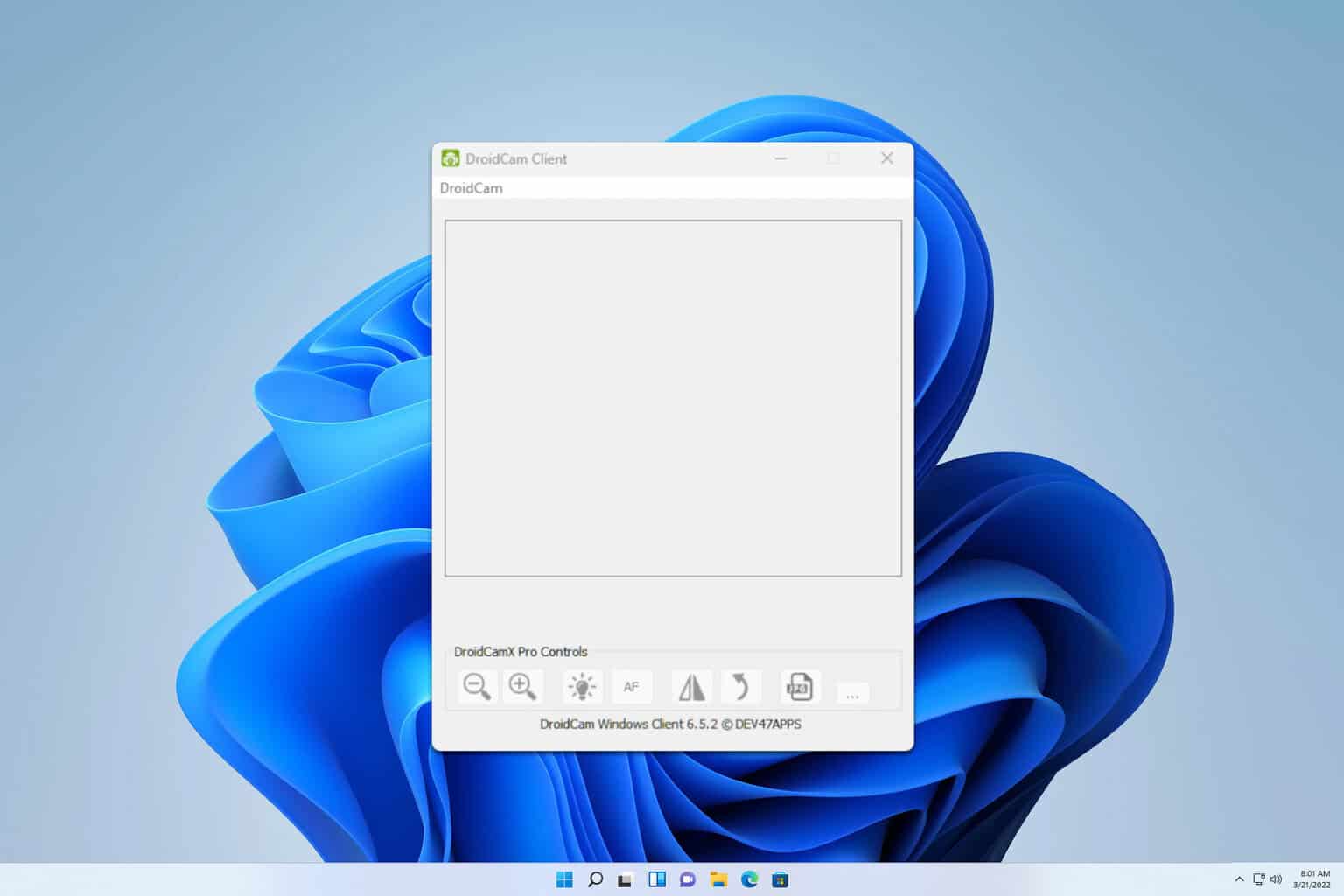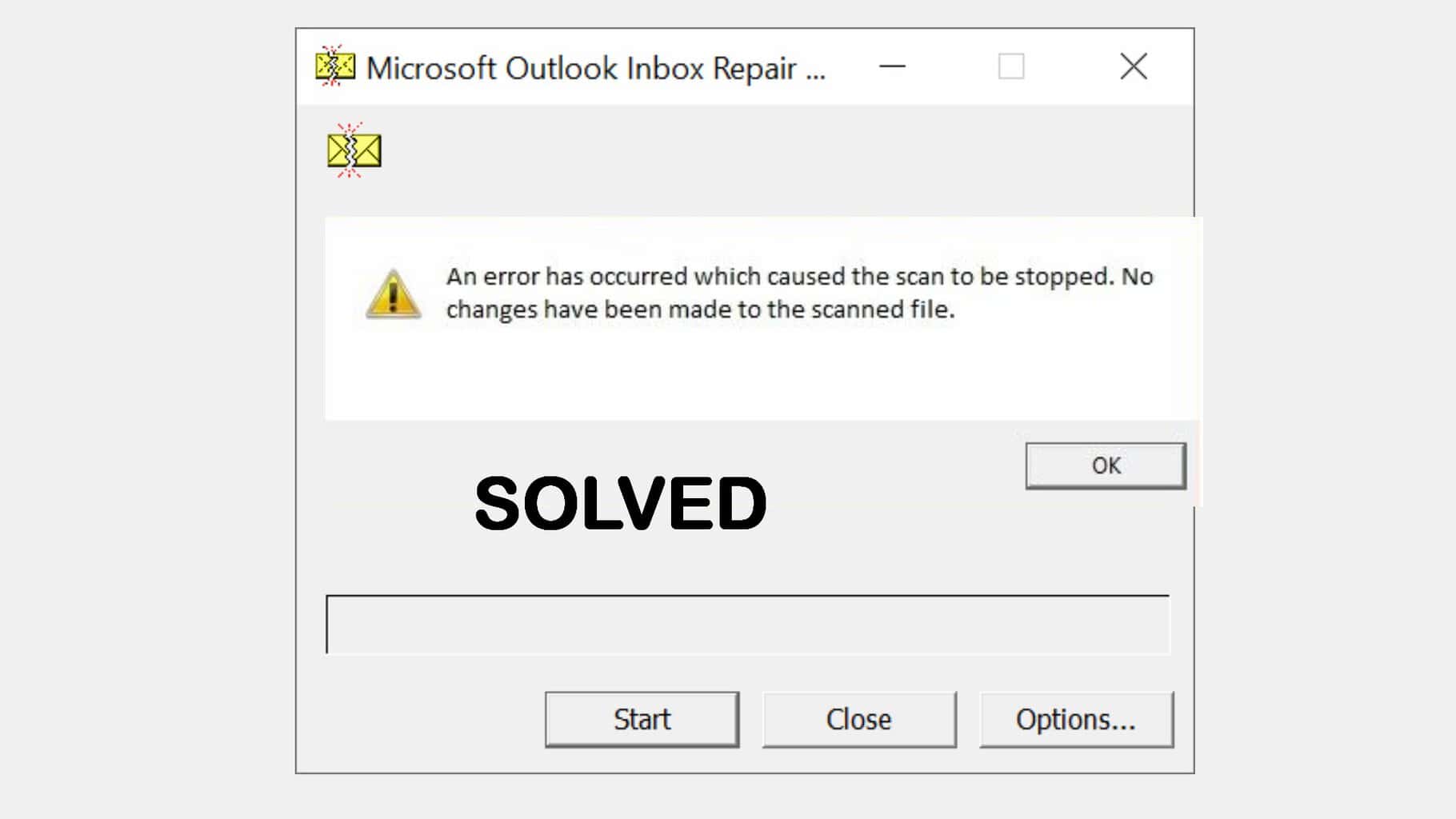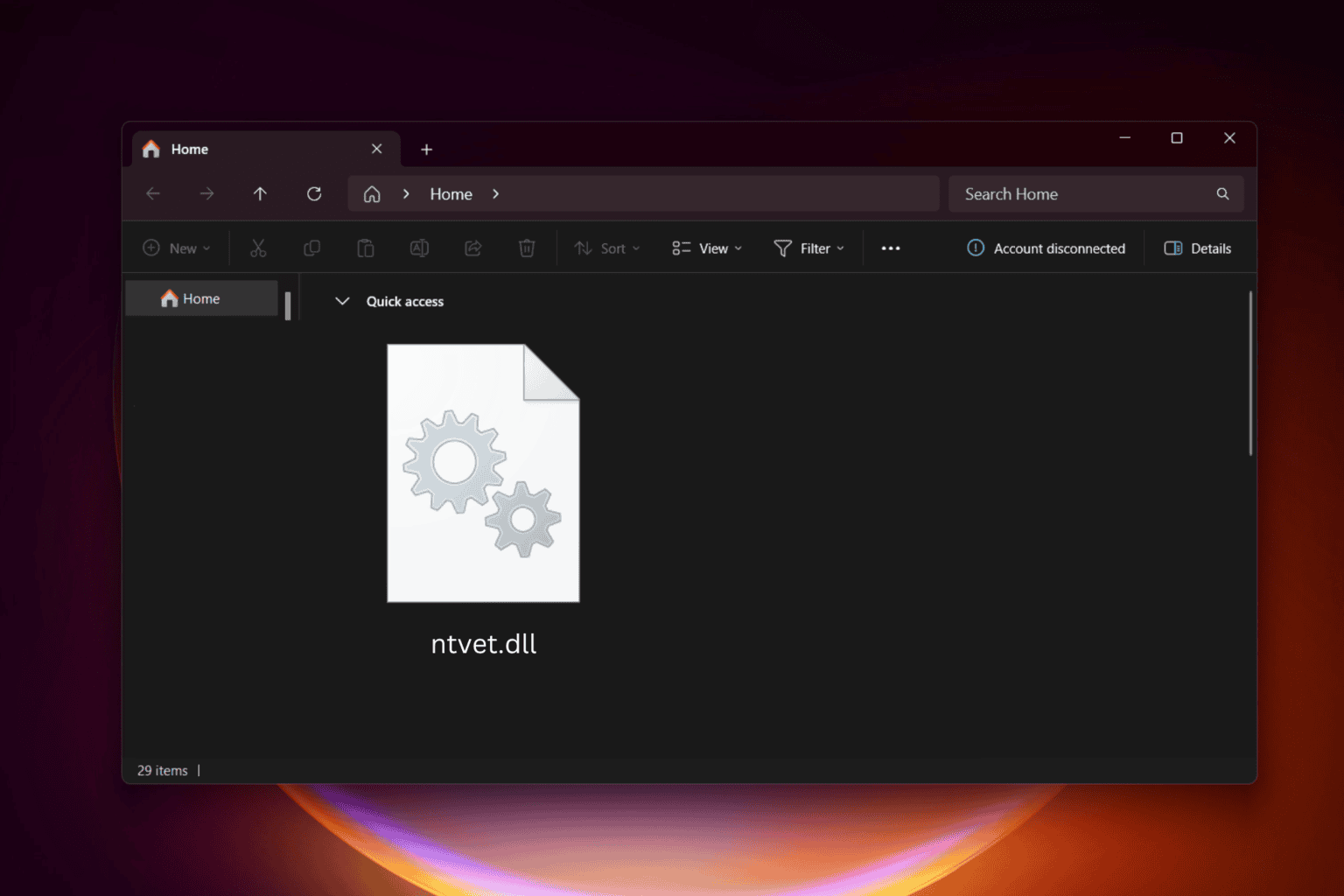Justice Department files for review of case upholding Microsoft’s refusal to release Ireland emails
2 min. read
Published on
Read our disclosure page to find out how can you help Windows Report sustain the editorial team. Read more

Microsoft’s legal team aren’t out of the woods just yet, despite the preliminary ruling a three-judge panel from the Manhattan 2nd Circuit Court of Appeals granted the company regarding the issue of data stored on servers in Ireland.
For some time now, Microsoft has been fighting the case that email, data, and content stored on overseas servers that the company manages, should not be held to warrants or search and seizure practices from the US despite being a US-based company, but instead the company should be regarded as data-sovereign.
Late Thursday, the US Justice Department again attacked Microsoft’s stance on international data security by asking “the full appeals court the Southern District of New York to review a decision that upheld Microsoft’s refusal to comply with a search warrant for an alleged drug trafficker’s emails held on a server in Ireland”, according to the Washington Post.
The original argument for allowing the US Justice Department to issue Microsoft a warrant compelling the company to comply with its investigation stemmed from the notion that regardless of where the Washington State software company held its servers internationally, the transaction of an email data exchange would remain a US-based occurrence.
Microsoft, presumably not keen on the idea of losing its international business due to a perception of US collusion, is asking that in the future, governments both international and domestic file data request through a mutual legal assistant treaty (MLAT) at the very least. Microsoft, along with others, have admitted that the MLAT treaty isn’t an end-all-be-all solution but rather a first step in reforming data-sharing practices and addressing the deficiencies in Stored Communications Act of 1986 in the US.
Whether or not the full appeals court will take the time to revisit the earlier ruling is yet to be determined, but much is stake depending on which side comes out of this ultimately victorious.








User forum
0 messages